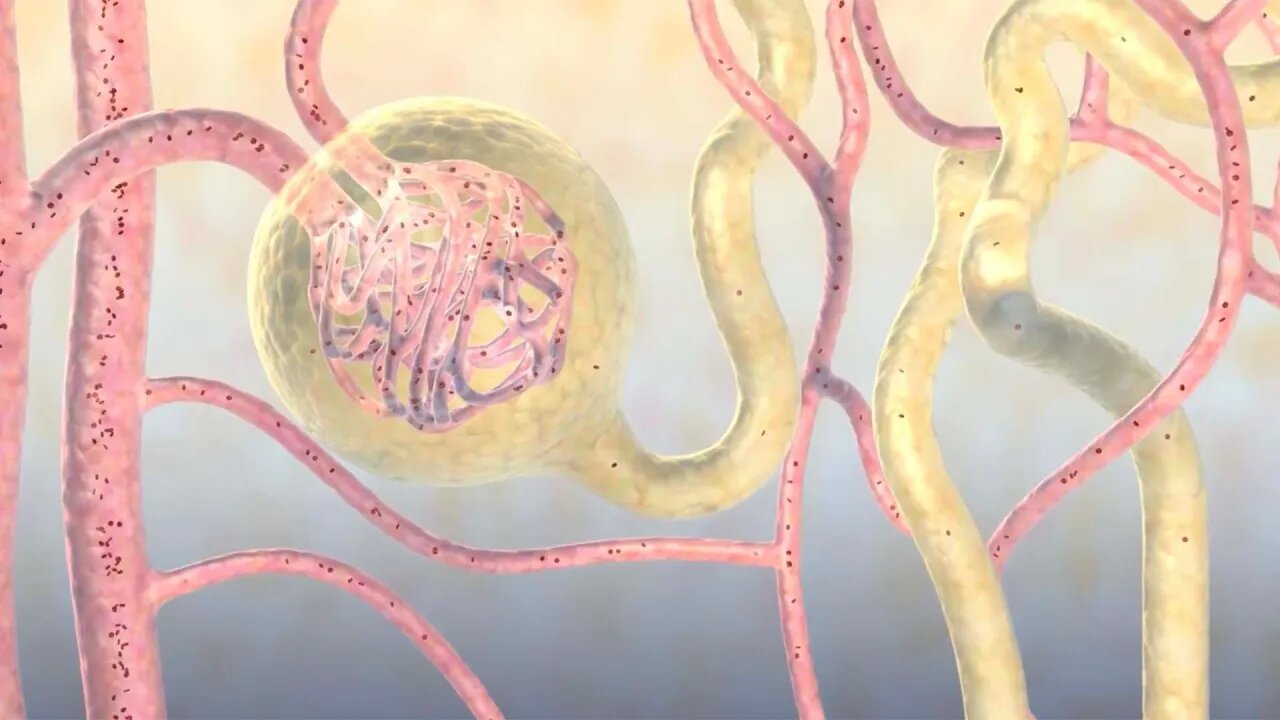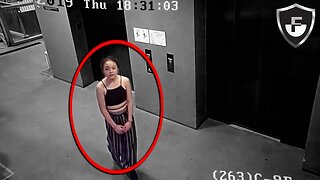Premium Only Content

How Your Body Gets Rid of Medications
MEDICAL ANIMATION TRANSCRIPT: The body filters drugs from the bloodstream and eliminates them in a multi-step process called medication excretion. The kidneys are the major route for drug elimination. Most drugs exit the body either unchanged or as drug metabolites in urine. Generally, health professionals refer to the ability of the kidneys to filter blood as renal function. Nephrons, the functional and anatomical units of the kidney, filter blood, regulate fluid volume and pH, and control levels of electrolytes in the body. Each nephron contains a renal corpuscle and renal tubule. The renal corpuscle includes the Bowman capsule and glomerulus. And the renal tubule is composed of the proximal tubule, loop of Henle, distal tubule, and collecting duct. Each component plays a role in renal drug excretion, a four-step process that allows the kidneys to filter and eliminate drugs from the body. These steps are: glomerular filtration, passive tubular reabsorption, active tubular secretion, and excretion. Blood flows into the glomerulus via a blood vessel larger in diameter than the vessel draining blood from the glomerulus. This difference in diameter creates the high blood pressure necessary to filter wastes from the blood. The glomerulus functions as a molecular sieve. Waste materials in water pass through the sieve, while most normal proteins and cells are kept in the bloodstream. Glomerular filtration removes low-molecular-weight drugs from the bloodstream. The process of passive reabsorption of water, solutes, and ions begins in the proximal tubule, continues in the Henle loop, and ends in the distal and collecting ducts. Water-soluble drugs stay in the tubule, while unionized and lipid-soluble drugs are primarily reabsorbed across renal tubules. After reabsorption, lipid-soluble drugs travel through the bloodstream to the liver where certain liver enzymes, such as the cytochrome P450 enzyme complex, metabolize them into more water-soluble forms. Here we show an example of this process through the metabolism of pentobarbital. Some drugs are not filtered from the blood via the glomerulus. Instead, special anionic and cationic pumps in the walls of the renal tubule actively transport the drugs from the blood into the tubules and collecting duct. Urine from the collecting ducts travel through the ureters where it is collected and stored in the urinary bladder until elimination from the body. Although the kidneys are the major route for drug elimination, medication excretion can also occur in lactating women through their breast milk, exhalation through the lungs, release into bile, and elimination through saliva and sweat.
#MedicationExcretion #DrugElimination #kidneys
ANM10007
-
 LIVE
LIVE
Lofi Girl
2 years agoSynthwave Radio 🌌 - beats to chill/game to
413 watching -
 LIVE
LIVE
The Official Steve Harvey
12 days ago $4.96 earned24 HOURS OF MOTIVATION w/ STEVE HARVEY
723 watching -
 25:56
25:56
DeVory Darkins
19 hours ago $0.38 earnedTrump drops ULTIMATE BOMB on Democrat Mayors as ICE makes SHOCKING Announcement
24.4K124 -

TonYGaMinG
3 hours ago🟢 ABI WITH FRIENDS | 🍩JOE DONUTS | 😶 🌫 VLADSGAMINGCARTEL |
11.8K -
 21:24
21:24
marcushouse
10 hours ago $0.06 earnedStarship Flight 10: Go or No? 🚀
14.3K11 -
 LIVE
LIVE
MrR4ger
15 hours agoSUNDAY FUNDAY w/ R4GER - VARIETY / DIABLO 4/ FOR HONOR / ETC?
97 watching -
 5:40
5:40
WhaddoYouMeme
3 days ago $0.19 earnedThey’re Calling This the End of Masculinity
18K16 -
 15:24
15:24
Tactical Advisor
18 hours agoBest 2011 of 2025 | Bul Armory Ultralight Pro
21.8K -
 27:31
27:31
True Crime | Unsolved Cases | Mysterious Stories
2 days ago $0.11 earnedThe Hong Kong Schoolgirl Mystery – 5 Mysterious Unsolved Cases (Part 8)
17.1K2 -
 7:19
7:19
China Uncensored
1 day agoChina is DONE in the South China Sea
14.4K31